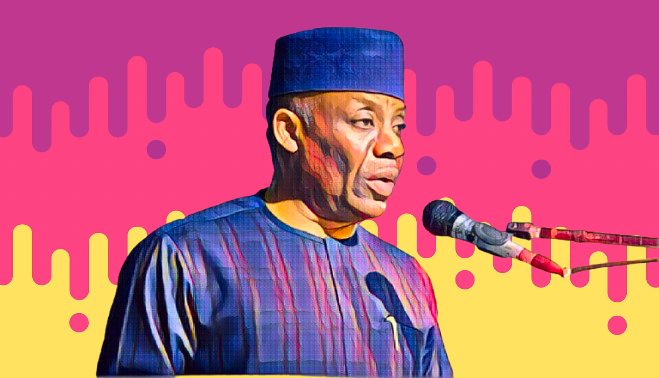KEY POINTS
- Nigeria ends 2022 mother-tongue education policy.
- English becomes official language of instruction nationwide.
- Policy shift aims to improve exam performance and literacy.
The Federal Government has cancelled the 2022 National Language Policy that made mother tongue the medium of instruction from early childhood to Primary Six.
Education Minister, Dr. Tunji Alausa, announced the reversal in Abuja on Wednesday at the opening of the Language in Education International Conference 2025, organised by the British Council. He said English will now serve as the language of instruction from primary through tertiary levels across the country.
Alausa explained that research by the Ministry of Education showed that the mother-tongue policy contributed to declining literacy and poor performance in public examinations.
“The National Policy on Language has been cancelled,” he also said. “English is now the language of instruction in our schools, from primary to tertiary levels.”
Poor exam outcomes linked to mother-tongue policy
The minister described the previous approach as “destructive” to the education system, saying many students advanced through school without acquiring foundational skills.
He noted that Nigeria’s vast linguistic diversity made implementation inconsistent and ineffective. “In Borno State, the mother tongue is Hausa, but many speak Kanuri. In Lagos, Ajegunle has mainly southeastern residents, but most teachers are from the southwest. We need a unified approach,” he said.
Alausa also noted that conducting national exams like WAEC, JAMB, and NECO in English disadvantages students who study mainly in local languages.
British Council backs inclusive language strategy
British Council Country Director, Donna McGowan, said the conference would explore how language policies can enhance inclusion and improve learning outcomes.
Furthermore, the event brings together teachers and politicians from Africa, South Asia, and the UK to improve English language skills and assessment systems.
The 2022 National Language Policy no longer stands, but it sought to strengthen native languages and preserve culture. But it had trouble generating materials, training teachers, and planning lessons.



